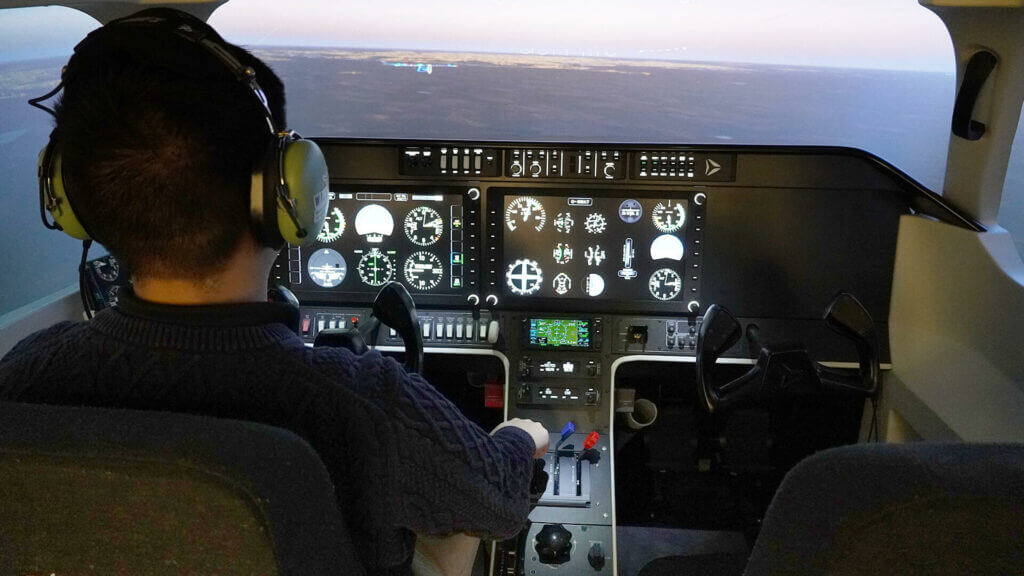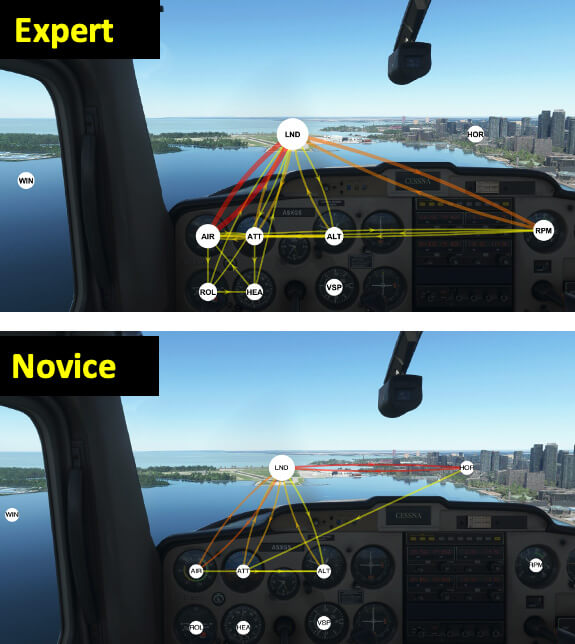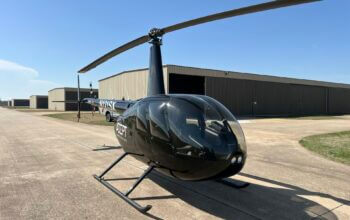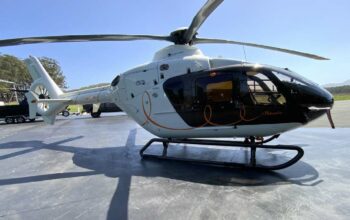Estimated reading time 5 minutes, 13 seconds.

Researchers at the Waterloo Institute for Sustainable Aeronautics (WISA), part of the University of Waterloo (UW) in Ontario, believe they may have a solution to help reduce the cost of pilot training.
The organization is using part of its $9.2 million in FedDev Ontario funding to harness innovative technology that tracks how eye movement patterns evolve as student pilots undergo training. By analyzing these patterns, the team of WISA researchers, led by Dr. Ewa Niechwiej-Szwedo, aims to develop a more objective method of assessing a pilot’s skill level. WISA believes the approach could make pilot training “more affordable, efficient, and inclusive.”
“Utilizing technology such as eye tracking for evaluating skill levels marks the next frontier in aviation training,” Niechwiej-Szwedo, associate director of WISA’s social pillar and professor in UW’s Department of Kinesiology and Health Sciences, said in a WISA article. “Our research has the potential to streamline pilot education and shorten the training period significantly.”
While Canada is facing a pressing need for new pilots, WISA’s research aligns with efforts to expand the aviation industry’s talent pool. The research, which builds upon Niechwiej-Szwedo’s expertise in visuomotor and gaze behaviour, has already yielded promising results. By tracking eye movements, the team has identified differences between novice and expert pilots, which could lead to improvements in training methods.
Key to the research is a synchronized system developed by WISA, allowing for the simultaneous recording of eye movements and flight performance data in a high-fidelity flight simulator. WISA collaborated with Waterloo-based company AdHawk Microsystems, which “invented a new type of low power, research grade eye tracker that uses a micromirror system to scan the eyes with a beam of light instead of using less efficient camera-based methods,” the WISA article explains.
Under the guidance of doctoral student Claudia Martin Calderon, the team is conducting a longitudinal study that “employs continuous or repeated measures to follow individuals over prolonged periods of time.” Graduate students, including Royal Canadian Air Force officer Capt Laura Lester, have played a vital role in refining the experimental protocol.
In the next phase of the research, the team will dig deeper into understanding how eye movement patterns correlate with skill acquisition in student pilots. By tracking participants’ eye movements, scan patterns, and duration of eye fixation at three critical stages of their training (beginning; 10 hours of flight time; and post-private pilot’s licence), the researchers hope to identify “objective biomarkers” associated with learning and expertise development.

WISA said the findings “could explain why some student pilots can act on information better, fly a plane more efficiently, and learn faster than others do.”
Niechwiej-Szwedo added, “The implementation of eye-tracking technology could advance pilot training to a new level by providing instructors with information currently not available. For example, examining eye-scan patterns could reveal why some pilots are making errors during a flight. Perhaps student pilots are simply failing to look at the relevant information at a critical time, and this behaviour could be trained.”
The implications of this research extend beyond addressing the pilot shortage, according to WISA. By refining pilot education based on competency rather than arbitrary flight hours, the time and cost barriers to becoming a pilot could be significantly reduced — not to mention the fuel savings and environmental benefits.
Niechwiej-Szwedo noted that industry has already expressed “significant interest” in the technology. Her goal is to demonstrate the effectiveness of eye-tracking technology in pilot training by spring 2024.








